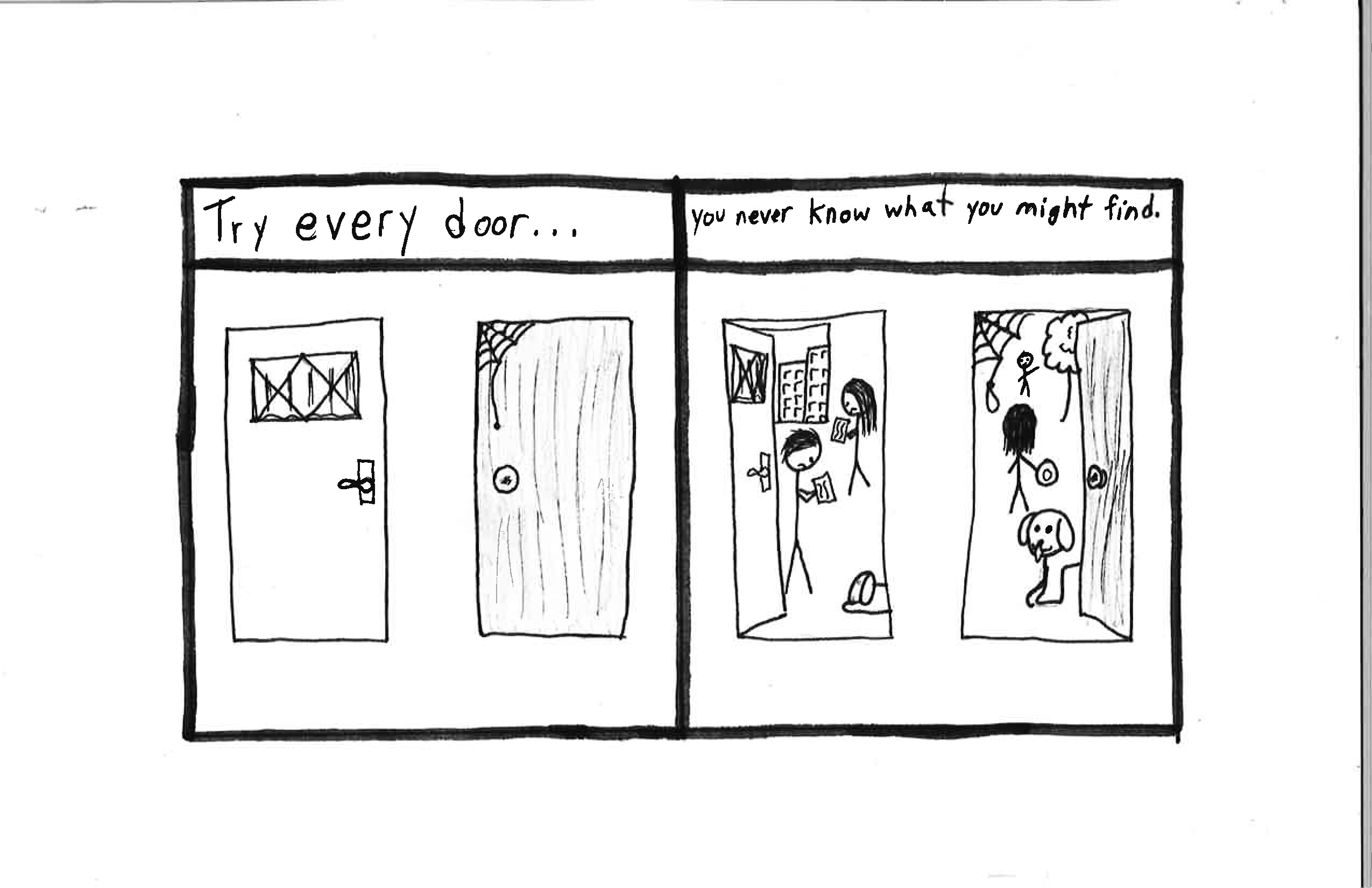“People who struggle with physical health oftentimes become depressed,” Hillegass said. “They can no longer do things they once enjoyed. Which leads to lack of motivation, feelings of hopelessness.”
There are ways to balance the mind and body. Getting good sleep is a key factor. Studies show lack of sleep makes the mind and body vulnerable to illness. It is recommended that adults get 7-8 hours of sleep per night. Setting a bedtime routine and limiting screen time before bed can improve quality of sleep. Meditating can also help. Create a restful space. Keep your bedroom dark, cool and quiet.
Hillegass and Gwirtz find that diet and exercise also play an important role. They both suggest a diet that is rich in fruits and vegetables. They also advise to drink water instead of soda or other sweetened beverages. “I would avoid foods that are processed, high amounts of sugar and fats,” Gwirtz said.
“I often recommend to go out for walks. Either in the community or walking trails in the woods,” Hillegass said. “Just get outside. Get some fresh air. Breathing exercises are also beneficial.”
“Yoga and walking are two of my favorite exercises,” Gwirtz said. “Both of these exercises can be done by all ages. A simple walk every day can help clear your mind and improve your health. Some other good exercises are low-impact cardio. Biking, hiking and swimming. When a person exercises and eats healthy, they often find that they have more confidence. They overall feel better and stronger.”
It’s important not to get discouraged when trying to improve your mental and physical health. Every little effort counts. Take time to applaud each success. “I always try to celebrate clients’ accomplishments with them. No matter how small it may seem,” Hillegass said. “This helps to build self-confidence. A sense of pride. This can lead to making healthier decisions. Motivate them to make positive changes in their lives. One day at a time. One task at a time.”
“Keep focusing on goals and start with the little things,” Gwirtz said. “It’s important to reach out for support. Whether it is a friend, family member or therapist. Improving your health is not an easy journey. Having someone there to support you will help when it gets tough.”


